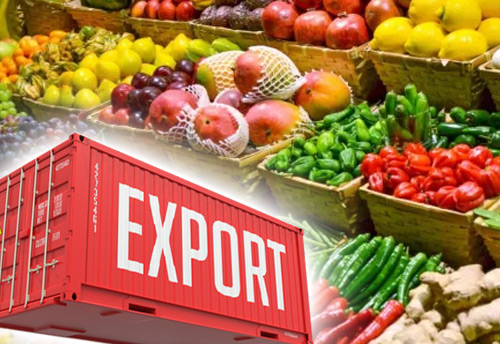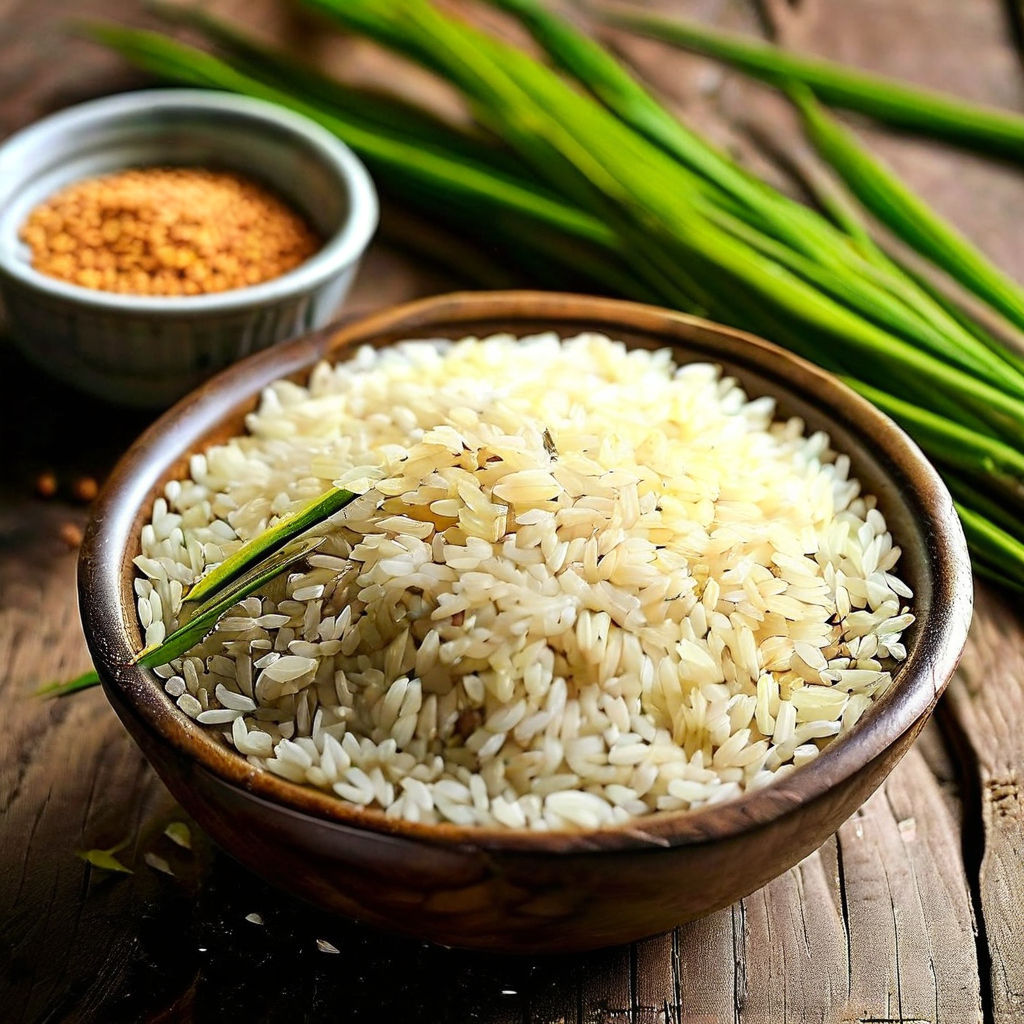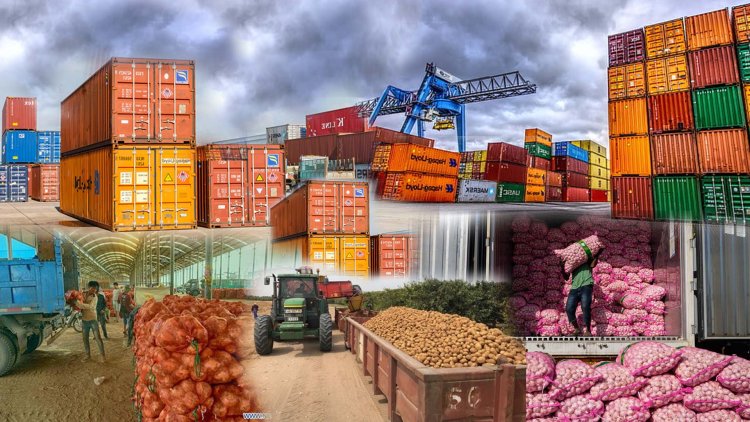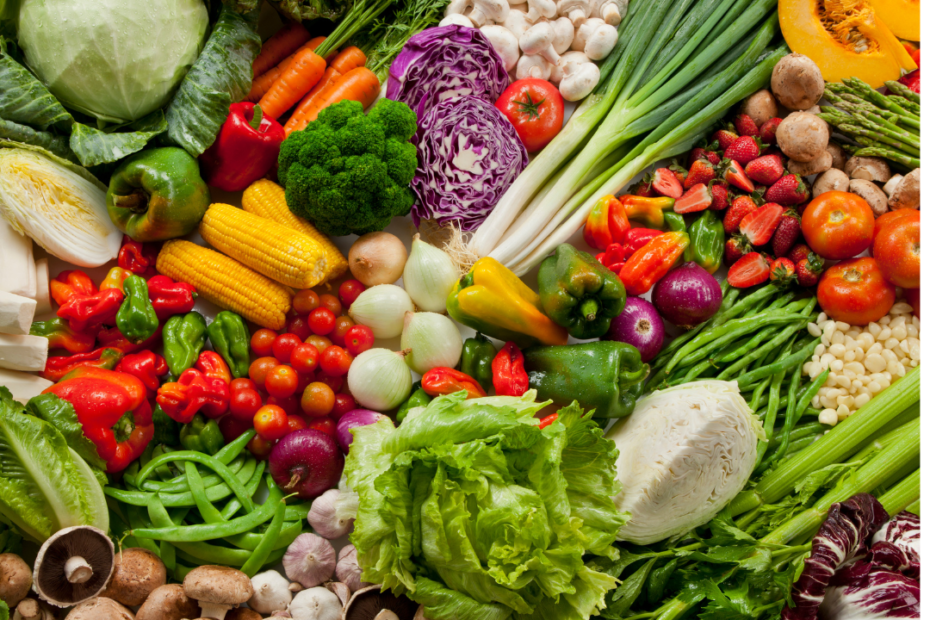The Vital Role of Import-Export in Agriculture: A Gateway to Global Food Security
In today’s interconnected world, the import and export of agricultural products play a crucial role in ensuring food security, economic stability, and fostering international cooperation. Agriculture, being a fundamental sector of economies worldwide, relies heavily on the exchange of goods across borders to meet diverse consumer demands and mitigate local production challenges. This blog explores the significance of import-export activities in agriculture, their impacts, challenges, and future trends.
Importance of Import-Export in Agriculture

- Diversification of Food Supply:
- Importing agricultural products allows countries to diversify their food supply, reducing dependency on domestic production alone. This is especially critical in regions with limited arable land or adverse climatic conditions.
- Enhanced Food Security:
- Access to a variety of imported foods helps stabilize food prices and availability, ensuring that populations have consistent access to nutritious foods year-round, regardless of local harvest outcomes.
- Economic Growth and Stability:
- Agricultural exports contribute significantly to a country’s economy by generating revenue, creating jobs, and stimulating rural development. Conversely, imports fill gaps in domestic production and satisfy consumer preferences.
- Technological and Knowledge Exchange:
- Importing agricultural technologies, machinery, and know-how facilitates innovation and productivity improvements within domestic farming practices, benefiting local farmers and enhancing overall sector efficiency.
Impacts of Import-Export on Agricultural Systems

- Environmental Considerations:
- Increased international trade in agricultural products can lead to environmental impacts such as deforestation for expanding farmland or transportation emissions. Sustainable practices and policies are crucial to mitigate these effects.
- Market Dynamics and Pricing:
- Import-export activities influence global market dynamics and commodity prices, affecting both producers and consumers. Fluctuations in exchange rates, trade policies, and geopolitical factors can significantly impact agricultural trade flows.
- Quality and Safety Standards:
- International trade necessitates adherence to stringent quality, safety, and phytosanitary standards to protect consumer health and prevent the spread of pests and diseases. Compliance with international regulations is essential for market access.
Challenges and Considerations
- Trade Barriers and Tariffs:
- Trade barriers, tariffs, and protectionist policies can restrict market access and hinder the free flow of agricultural goods, impacting global trade relationships and economic cooperation.
- Logistical and Infrastructure Constraints:
- Efficient transport, storage, and distribution infrastructure are vital for facilitating timely and cost-effective import-export operations. Inadequate infrastructure can impede trade efficiency and increase transaction costs.
- Climate Change and Sustainability:
- Climate variability and environmental degradation pose significant challenges to agricultural production and trade. Sustainable practices and resilience-building strategies are essential for ensuring long-term food security and economic viability.
Future Trends and Opportunities

- Digital Transformation:
- Digital technologies such as blockchain, IoT (Internet of Things), and AI (Artificial Intelligence) are transforming agricultural supply chains, enhancing transparency, traceability, and efficiency in global trade.
- Regional Integration and Trade Agreements:
- Regional trade agreements and partnerships are expected to play a crucial role in promoting agricultural trade, reducing trade barriers, and harmonizing regulations to facilitate smoother import-export operations.
- Consumer Preferences and Market Trends:
- Growing consumer awareness about sustainability, ethical sourcing, and food safety is influencing agricultural trade patterns. Producers and exporters need to adapt to changing consumer preferences to maintain market competitiveness.
In conclusion, import-export activities in agriculture are pivotal for global food security, economic growth, and sustainable development. While presenting opportunities for innovation and market expansion, they also pose challenges that require collaborative efforts and strategic planning. By fostering international cooperation and adopting responsible trade practices, stakeholders can harness the full potential of agricultural trade to meet the food needs of a growing global population while safeguarding environmental and economic interests.
